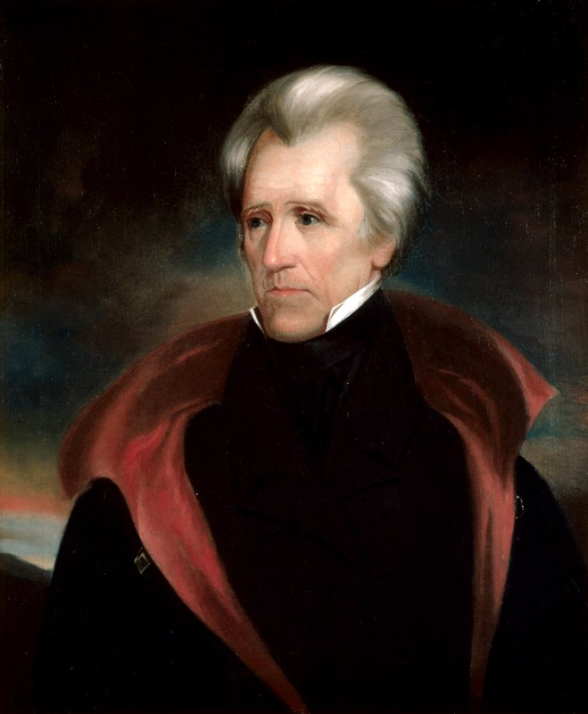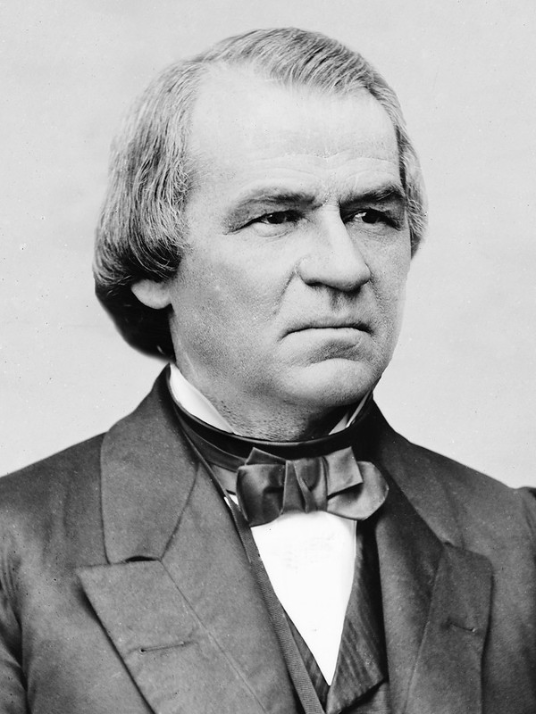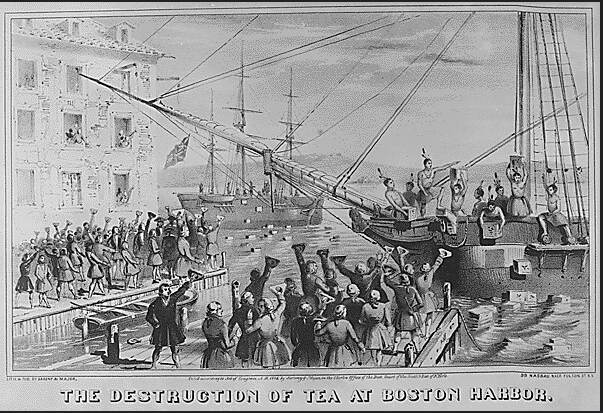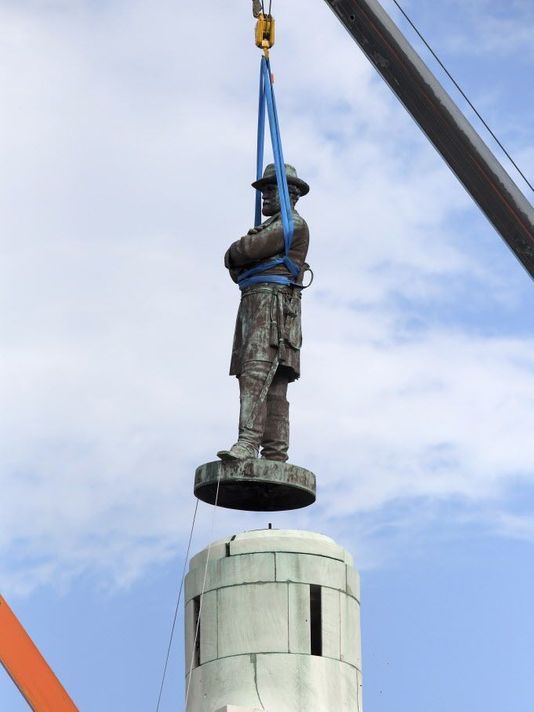

4. However, after the U.S. Constitution was ratified & Tennessee was established as a territory in 1790, the territorial governor in 1795 called for a convention to draft a constitution with the purpose of petitioning for statehood.
libraries.mercer.edu/ursa/bitstream…










